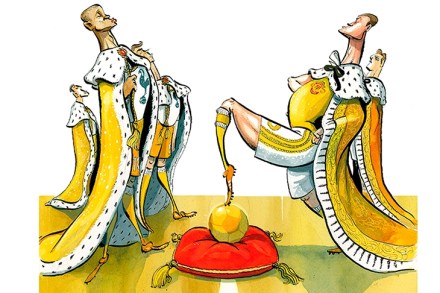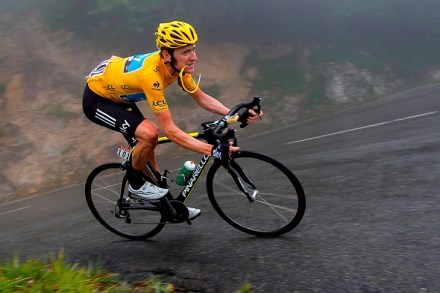Why should we expect Nicola Sturgeon to support Team GB?
It hasn’t been a great month for Scotland’s First Minister Nicola Sturgeon. First, there was the announcement that an official police investigation would take place into missing money from donations supposedly ‘ring-fenced’ for a future independence campaign; then questions about why Scotland’s vaccination targets had been missed led, apparently, to Sturgeon’s ‘Trump like meltdown’ (how she must have hated that comparison); and to cap it all off, Team GB started off rather well at the Tokyo Olympics. The sporting success led to politicians from all hues of the political spectrum tweeting their congratulations: all hues save the bright yellow of the Nats that is – from whence silence. Not one




















